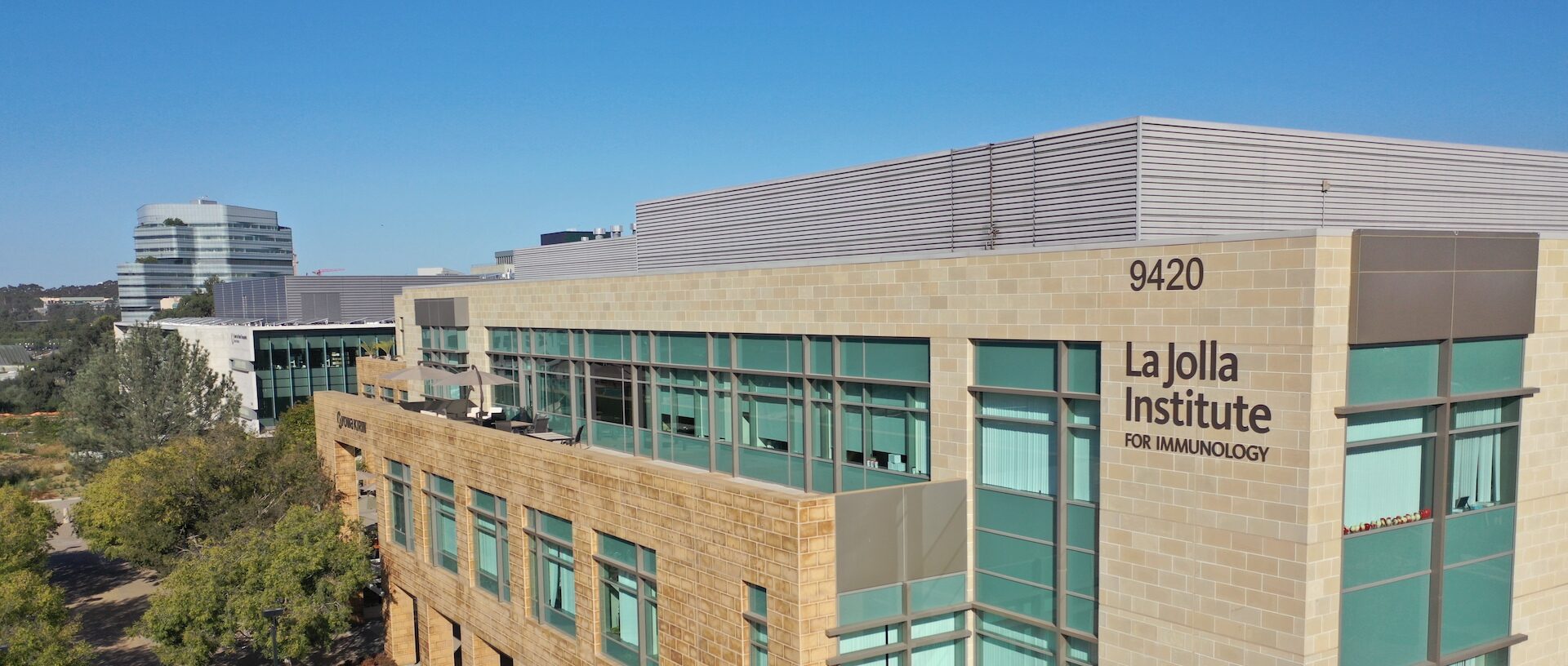The promise of immunotherapy, a new form of cancer therapy that rouses the immune system to attack tumor cells, has captivated the public’s imagination. When it works, the results are breathtaking. But more often than not it doesn’t, and scientists still don’t know why. In his most recent study, Dr. Pandurangan Vijayanand spotted a key difference between cancer patients whose immune system mounts an effective anti-tumor response and those who are unable to do so: a local subpopulation of T cells known as tissue-resident memory T cells (TRM). A measure of “tumor immune fitness”, the presence of these cells predicts survival in lung cancer patients.
The team’s finding emerged from the first large-scale effort to profile the gene expression patterns of cytotoxic T cells isolated directly from patients’ tumors. The systematic profiling of tumor-infiltrating T cells also provides new insight into their basic biology revealing new potential immunotherapy drug targets.


